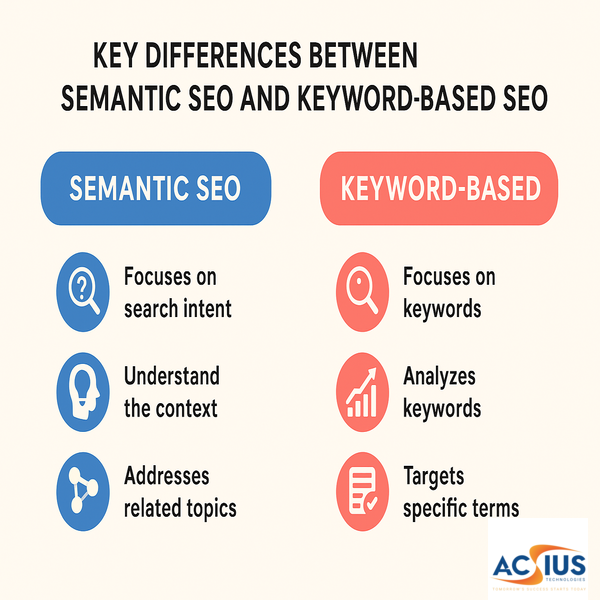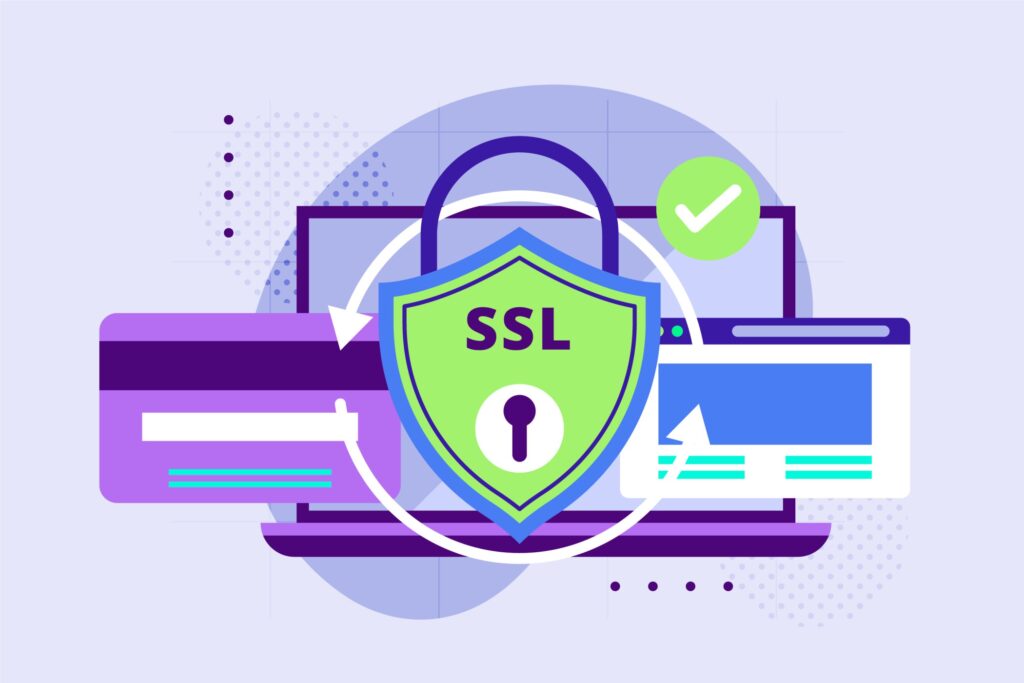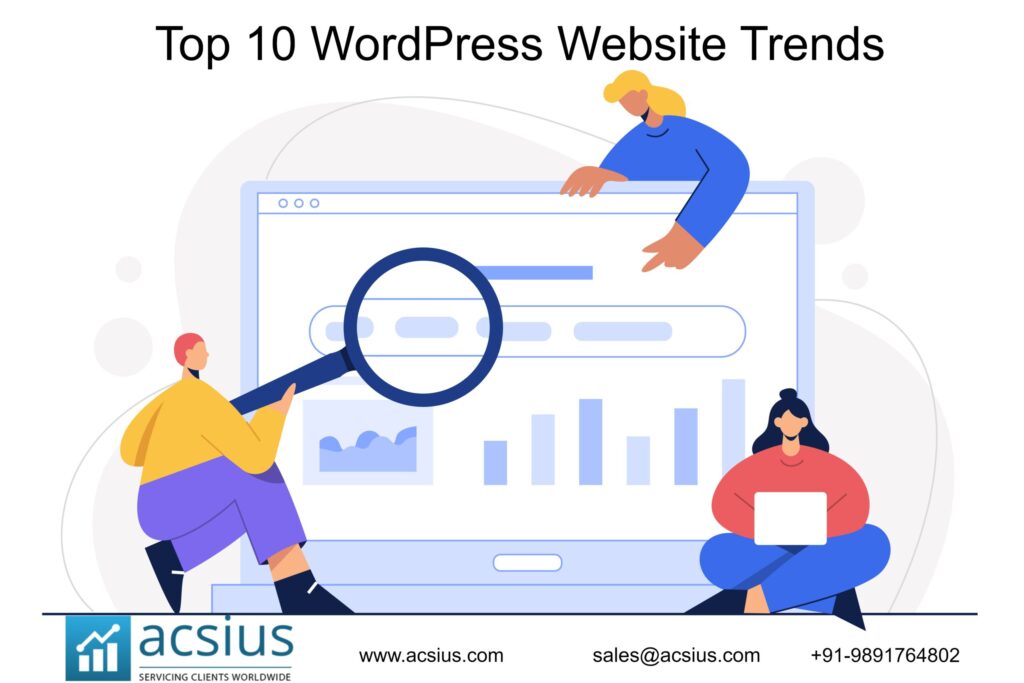Semantic SEO vs Keyword-Based SEO: What’s Changing for Marketers in 2026?
In the world of SEO, there has been a significant shift from keyword-focused strategies to a more meaning-based approach known as semantic SEO. This change is being driven by advancements in artificial intelligence, machine learning, and natural language processing, especially with the rise of large language models (LLMs). By 2026, semantic SEO will play a pivotal role in helping businesses rank higher on search engines and deliver more meaningful results to users. Let’s break down the differences between semantic SEO and keyword-based SEO and explain why semantic search will become crucial in the near future.
What is Keyword-Based SEO?
For years, traditional SEO has revolved around targeting specific keywords that people search for. Keyword-based SEO focuses primarily on inserting exact keywords, such as “best running shoes” or “top SEO tips,” into your content, meta tags, and other website elements. The goal was simple: rank for the keywords with the highest search volume.
While this approach worked well for a long time, it has limitations. The problem with focusing too much on specific keywords is that it doesn’t take into account the full context of a user’s search intent. It only matches the exact words typed into the search bar, without fully understanding what the user is actually looking for.
What is Semantic SEO?
Semantic SEO, on the other hand, focuses on the meaning behind the words. It involves understanding and targeting the intent behind the search queries rather than just the individual keywords. With semantic SEO, it’s about creating content that not only includes the keywords but also includes related concepts, synonyms, and even user intent.
For instance, if someone searches for “how to fix a broken phone screen,” a search engine powered by semantic SEO would consider synonyms and related terms like “phone screen repair,” “cracked phone screen,” and “DIY screen repair” to give users the most relevant results.
Semantic SEO is much more flexible and adaptable, enabling search engines to understand context, relationships, and meanings across large datasets.

Key Differences Between Semantic SEO and Keyword-Based SEO
-
Focus on Intent vs. Exact Keywords:
- Keyword-based SEO targets specific search terms without considering the deeper meaning behind the search.
- Semantic SEO looks at the context and intent of the user’s query, ensuring that the content answers their real needs.
-
Use of LSI Keywords:
- Keyword-based SEO often uses a fixed set of primary keywords.
- Semantic SEO leverages Latent Semantic Indexing (LSI) keywords, which are related terms that help search engines understand the context. For example, if the main topic is “healthy eating,” LSI keywords could be “balanced diet,” “nutritious meals,” or “low-calorie foods.”
-
Content Depth and Quality:
- Keyword-based SEO can lead to thin content, where the focus is mainly on inserting keywords without providing deep, informative content.
- Semantic SEO prioritizes comprehensive, well-rounded content that answers a variety of related questions, addressing different angles of the topic.
-
Understanding Relationships Between Words:
- Keyword-based SEO relies on matching exact search terms.
- Semantic SEO understands the relationships between words, phrases, and entities. This allows the search engine to deliver results that are more relevant and aligned with the user’s actual query.
-
Adaptability to Voice Search:
- Keyword-based SEO is less effective in voice search, where people tend to speak naturally.
- Semantic SEO thrives in voice search, as it focuses on conversational queries and natural language.
Why Will Semantic SEO Be Important in 2026?
-
Advancements in AI and Natural Language Processing (NLP):
By 2026, large language models (LLMs), like GPT, will be even more sophisticated. These models understand human language better than ever before, focusing on meaning, context, and relationships between words. As a result, search engines will rely more on semantic SEO to deliver high-quality, relevant results.
-
Improved Search Engine Algorithms:
Search engines like Google are already moving toward semantic search algorithms (e.g., Google’s BERT and RankBrain). These algorithms are designed to better understand user intent, context, and content relevance. By 2026, we can expect even more powerful algorithms that prioritize semantic SEO to serve users with the most useful answers.
-
Evolving User Behavior:
Users are becoming more sophisticated in how they search. With the rise of voice assistants like Siri, Alexa, and Google Assistant, searches are becoming more conversational. Semantic SEO is essential for catering to these natural language searches and ensuring your content is discoverable by voice search queries.
-
Focus on Content Relevance and User Experience:
Search engines are prioritizing user experience more than ever. They want to provide content that answers questions, not just match keywords. This is why semantic SEO will be the future of search—it focuses on providing complete, user-friendly content that aligns with the evolving needs of searchers.
-
Competition and Differentiation:
As more businesses focus on keyword optimization, semantic SEO will be a way to differentiate your content. By providing well-structured, in-depth, and contextually relevant content, you can outrank competitors who are still stuck in the keyword-based SEO mindset.
Frequently Asked Questions (FAQ)
Q1: What are LSI keywords in Semantic SEO?
A1: LSI (Latent Semantic Indexing) keywords are words or phrases that are related to your primary keyword. These help search engines understand the context of the content. For example, if your target keyword is “digital marketing,” LSI keywords could include “SEO strategies,” “content marketing,” or “online advertising.”
Q2: How can I implement Semantic SEO on my website?
A2: To implement semantic SEO, focus on creating high-quality, comprehensive content that answers your audience’s questions. Use LSI keywords, related terms, and synonyms to ensure your content is relevant to various search queries. Don’t just optimize for individual keywords—optimize for topics.
Q3: Will keyword-based SEO disappear in 2026?
A3: Keyword-based SEO won’t disappear entirely, but it will be less effective as search engines move towards semantic SEO. In the future, focusing on the intent and context of a search will become much more important than targeting exact keywords.
Q4: How can I optimize for voice search with Semantic SEO?
A4: To optimize for voice search, create content that answers questions in a conversational tone. Semantic SEO will help you align your content with how people naturally speak, making it more likely to appear in voice search results.
Q5: Why is semantic SEO so important for 2026?
A5: With advancements in AI and the growing importance of user intent and content relevance, semantic SEO will be crucial for ranking high in search results. By 2026, search engines will rely heavily on semantic understanding to deliver the most accurate, user-friendly results.

How ACSIUS Specializes in Semantic SEO
At ACSIUS, we don’t just optimize for keywords; we optimize for meaning. Our team of SEO experts understands that search engines are evolving, and so are the needs of your audience. We specialize in Semantic SEO, a cutting-edge approach that focuses on the context, relationships, and intent behind search queries—ultimately helping our clients rank higher and drive more relevant traffic. Here’s how ACSIUS differentiates itself in the world of semantic search:
1. Contextual Content Creation
At ACSIUS, we go beyond traditional keyword targeting by focusing on creating content that answers your users’ specific questions and needs. We take the time to analyze search intent and create high-quality, contextually relevant content that matches what your audience is truly looking for.
Our team uses advanced tools and strategies to identify latent semantic indexing (LSI) keywords and related concepts. This allows us to craft content that not only targets your primary keyword but also includes synonyms, related phrases, and contextual terms that boost your website’s relevance in the eyes of search engines.
2. Optimized for User Intent
Rather than just focusing on ranking for specific phrases, we focus on understanding user intent. Whether it’s informational, transactional, or navigational intent, we ensure your website aligns with the type of content your audience is searching for. Our Semantic SEO strategies are designed to ensure that your content matches the exact needs of users, resulting in higher engagement and better rankings.
For example, if users are searching for “how to choose the best running shoes,” ACSIUS will optimize your content to cover a variety of related questions like “types of running shoes,” “benefits of running shoes for different feet,” and “top brands of running shoes,” ensuring all aspects of the search intent are addressed.
3. Advanced Keyword Research & LSI Optimization
Traditional keyword research often revolves around finding the most popular search terms. But with Semantic SEO, ACSIUS goes further. We identify and incorporate LSI keywords (Latent Semantic Indexing keywords)—related terms and variations that help search engines understand the full context of your content.
We analyze what’s trending in your industry and how terms are being used in different contexts. Our tools allow us to detect long-tail LSI keywords, synonyms, and variations to ensure your content ranks for multiple related searches, not just for the primary keyword.
4. Structured Data and Schema Markup
To ensure that search engines understand the true context of your content, we implement structured data and schema markup across your website. These elements help search engines identify specific entities like products, services, reviews, events, and people, allowing your site to be more easily understood in a semantic context.
Using schema markup, we provide clear signals to search engines about what your content is about, increasing the likelihood of appearing in rich snippets, featured snippets, and knowledge panels, which are crucial for visibility and click-through rates.
5. Optimizing for Voice Search and Conversational Queries
As voice search continues to grow, ACSIUS makes sure that your website is optimized for conversational SEO. We focus on delivering content that answers questions in a natural, human-like tone, allowing your site to rank for voice queries that are often longer and more conversational.
Voice search optimization relies heavily on semantic understanding because users tend to phrase their queries in complete sentences. By aligning your content with these natural language queries, we ensure that your website ranks well for both traditional and voice-based searches.
6. Comprehensive SEO Audits with Semantic Analysis
ACSIUS doesn’t just optimize your website for keywords. We conduct in-depth semantic audits to identify areas where your content may be lacking in context, depth, or relevance. Using AI-powered tools and semantic analysis techniques, we help uncover hidden opportunities to improve content quality, ensure comprehensive coverage of topics, and increase keyword relevance across the entire site.
Our semantic audits also identify content gaps—areas where your competitors may be outperforming you. By addressing these gaps, we make sure your website remains competitive in search results.












